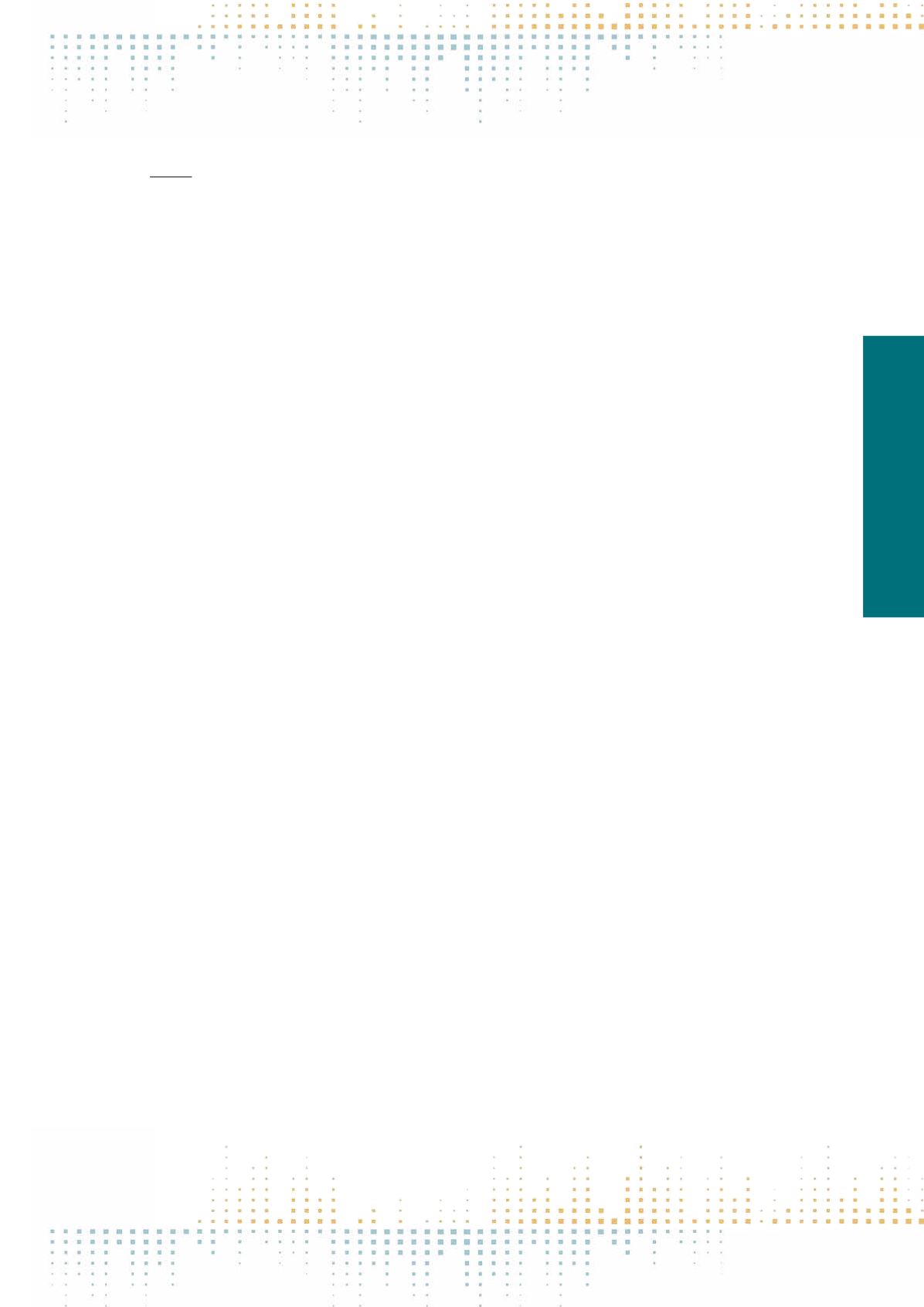

569
Friday, November 11
1 4 : 3 0 – 1 6 : 0 0
PS 089
The Influence of Organisational Culture on Local Newspaper Organisations
S. O'Hara
1
1
Canterbury Christ Church University, Media Art and Design, Canterbury, United Kingdom
This paper is concerned with understanding how journalists within local news media organisations shape their media production with the audience in
mind. It explores the conflict faced by local news organisations between journalistic values and commercial imperatives and how audience insight shapes
this debate.The paper considers how cultural or occupational beliefs within organisations shape strategic decisions and is based on the theoretical approach
that the cultural paradigm of an organisation shapes its future strategies in the digital age. How do today’s journalists manage the changing demands
of their audience in the digital world today but continue to deliver news values? The analysis is based on an empirical study carried out in the south east
of England. The research involves case study analysis of media organisations; comprising data gathered from interviews with stakeholders working for
the media organisations, company data and observational data. Interviews participants were recruited from across two media organisations in commercial,
journalistic and support roles to develop insight into the media organisation. The theoretical approach is not to compare and contrast the organisations but
to give insight into how different legacy elements, management and adoption of online audience tools are shaping the stories produced. A key emerging
finding from the analysis is that organisational culture is a useful concept to understand changes and strategies of local news media organisations during
the last decade as it reveals the conflict between the need to serve the local community from within the locale versus the commercial imperative to reduce
costs through the centralisation of resources. When does the local editor listen it their local community and shape the news delivery accordingly.“I can log
on to google analytics and see how a story is doing now and tweak the content, in the old days I needed to wait two weeks for the newspaper sales figures
to see how successful a story was” (Quote from journalist interviewee) It considers how local media organisations have adopted digital news production
practices which have resulted in the relocation and centralisation of both physical offices and the journalists employed within them. The paper is concerned
with how stakeholders have adopted digital elements alongside legacy practices to offer a new way of delivering local news content across numerous
platforms whilst still serving the local community.



















